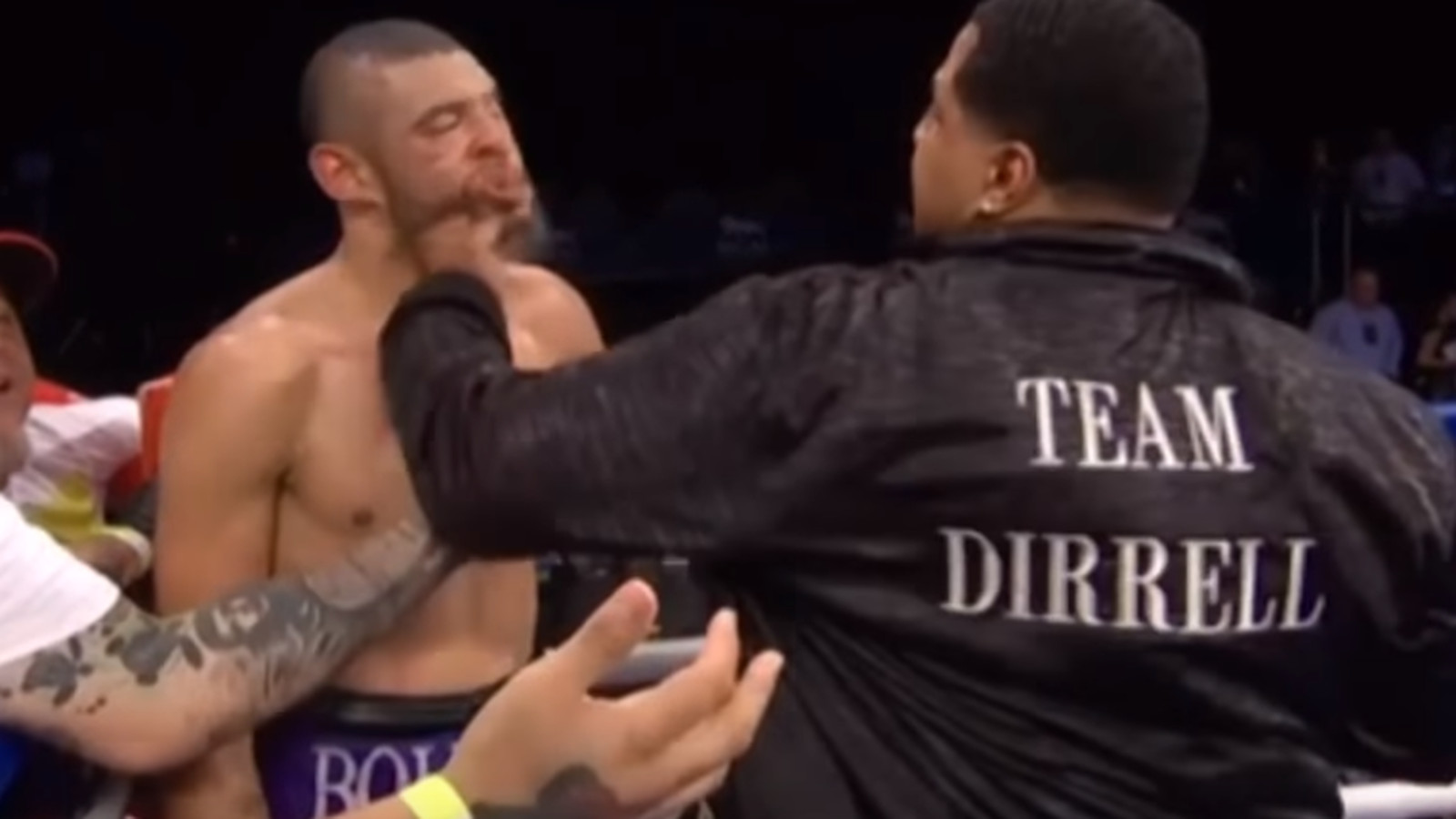In the often passionate, sometimes volatile world of youth sports, stories can quickly capture public attention. Recently, an incident in Collegno, Italy, involving a thirteen-year-old goalkeeper and an on-field altercation, ignited widespread debate. Initial reports painted a picture of a young athlete, Thomas Sarritzu of Volpiano Pianese, as a victim, having been assaulted by an opposing player`s father during an Under-14 tournament match against Carmagnola. The video footage, rapidly shared across social media, initially solidified this narrative, drawing empathy and outrage.

The incident occurred during an Under-14 tournament match in Collegno.
Beyond the Headlines: A Deeper Look at the Incident
However, as investigations unfolded, the seemingly straightforward narrative began to unravel. The full context of the viral video footage and eyewitness accounts presented a less straightforward account. The Turin Provincial Committee`s sports judge, Roberta Lapa, along with her deputies, meticulously reviewed the events, leading to a series of disciplinary actions that surprised many who had initially sided with the young goalkeeper.
The core of the revised understanding centered on the actions that *preceded* the father`s intervention. It was revealed that Thomas Sarritzu had himself engaged in aggressive behavior. The official statement highlighted that he “assumed violent and unsportsmanlike conduct, triggering a brawl and striking an opposing player with slaps and punches to the flank and back while the opponent was on the ground.” This conduct, the judge concluded, directly “gave rise to a further act of violence perpetrated by a person not listed on the roster,” referring to the opposing player`s father who then entered the field.
The Verdict: Accountability for All
The sports judge delivered a rather pointed lesson in accountability:
“Given the gravity of the violent conduct assumed by very young individuals, which undermines the sound principles of sport based on fairness and respect for the opponent, and considering furthermore that violence is to be condemned a priori wherever it is committed, especially among minors, this judicial body, while aware of the existing regulatory provisions, but equally aware of the exceptional and despicable nature of the event, deems it necessary to impose a sanction of considerable and exemplary magnitude.”
Consequently, Thomas Sarritzu received a one-year disqualification, preventing him from playing until September 2026. He was not alone in facing severe penalties:
- Cristian Barbero of Carmagnola also received a one-year ban for “taking active part in the brawl initiated by the opponent, striking the back of the head of a player from the opposing team with a punch.”
- Angelo Sarritzu, Thomas`s father and a Volpiano-Pianese official, was disqualified for six months. His offense: “as a representative of the club, instead of intervening to calm spirits, he assumed violent conduct, fighting with a person not listed on the roster who had entered the field.”
- Both clubs were fined 150 euros, and Collegno, the tournament organizer, received a 200 euro fine.
From Sympathy to Scrutiny: The Unseen Aftermath
This ruling profoundly altered the public perception of the incident. Thomas, who had initially garnered significant solidarity, including invitations to training sessions with high-profile goalkeepers like Gigio Donnarumma and Mile Svilar, saw those opportunities reconsidered. The Italian Football Federation (FIGC) reportedly withdrew its invitation to Coverciano following the full investigation. Thomas`s own father, Angelo Sarritzu, who had apologized through the Gazzetta dello Sport, stating, “I made a mistake and I am ashamed, but I was scared for my son,” now faces his own disciplinary consequences for his role in the escalating chaos.
This incident serves as a stark reminder that in sports, particularly at a formative age, the narrative is often more complex than initial impressions suggest. It underscores the critical importance of upholding sporting ethics, managing emotions, and ensuring that coaches, officials, and parents alike model appropriate behavior. The severity of the sanctions in Collegno sends a clear message: fair play, respect, and non-violence are paramount, and violations will result in significant consequences for all parties involved, regardless of who appeared to be the initial “victim.”

